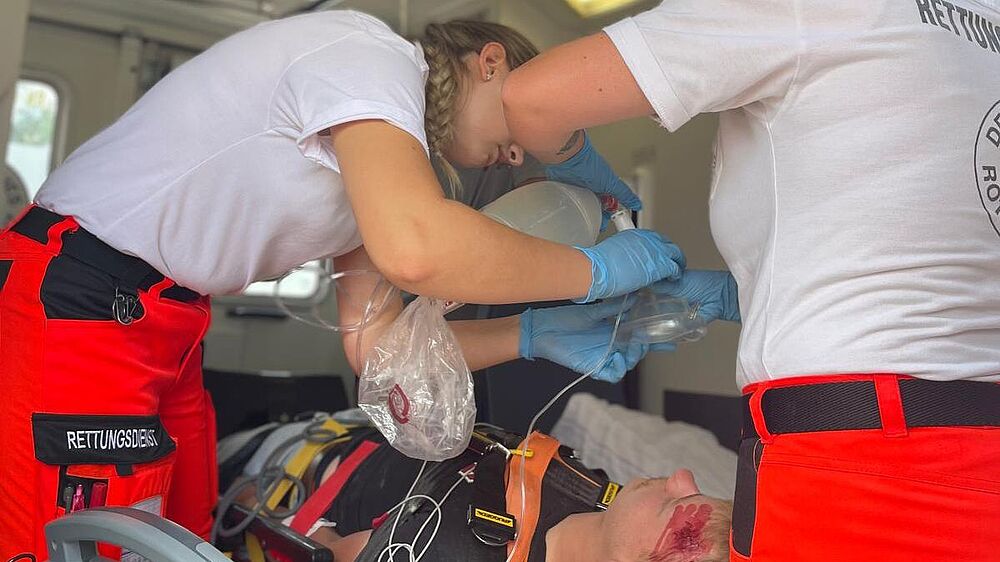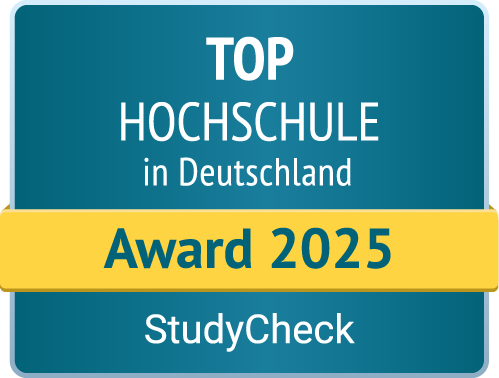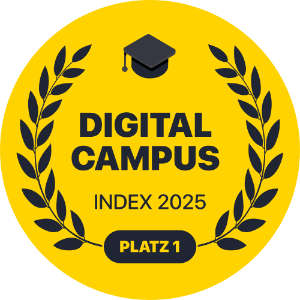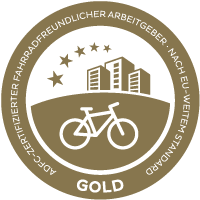The Bachelor's degree programme in Applied Non-Clinical Acute and Emergency Care (B.Sc.) offers trained emergency paramedics the opportunity to expand their specialist knowledge and prepare themselves specifically for the growing demands of the emergency services.
The programme focuses on both practice-oriented and scientifically sound content. Students acquire in-depth skills in key areas such as specialised diagnostics and therapy, advanced emergency medical procedures, aspects of preventative emergency services and the competent handling of psychosocial patient groups. Special emphasis is also placed on addressing an increasingly ageing society outside the hospital and developing health literacy in the population. Students hone their personal profile in emergency medicine and out-of-hospital care through selected electives.
Particularly in structurally weak regions, where emergency and general practitioner capacities are limited, but also in conurbations, where so-called ‘low-code operations’ occur particularly frequently, specialists in non-clinical acute and emergency care are taking on an increasingly important role. This academic qualification opens up new career prospects in a dynamic and future-orientated field of work in the healthcare sector.
| Short form | AAN |
| Type of study | Full-time |
| Standard length of study | 7 semester |
| Degree awarded | Bachelor of Science |
| Start first semester | winter semester |
| Admission restriction | none |
| Location | Ansbach, Fürth, Stein + virtual via web conferences |
| Course Language | German |
| Course director | Prof. Dr. Bernd Landsleitner |
Studienfachberatung | Prof. Dr. Bernd Landsleitner |
| Student advice | studiengangsassistenz-aan(at)hs-ansbach.de |
The Bachelor's degree programme in Applied Non-Clinical Acute and Emergency Care prepares you for the challenges in acute and emergency medicine of the future. Over seven semesters, you will acquire both theoretical expertise and practical skills. It is possible to complete the course while working if organised accordingly.
Courses in pathophysiology, pharmacology, diagnostics and emergency medical therapy and intervention are a central part of the programme. These are supplemented by legal and medical fundamentals as well as practical seminars with an action-based and scenario-based approach, which enable students to directly apply what they have learnt. Teaching takes place in a specialised and well-equipped learning environment that is geared towards modern emergency medicine teaching. The academic teaching staff are experienced in the professional field and specialise in modern teaching.
A prerequisite for admission is completed training as an emergency paramedic or an equivalent foreign qualification. Existing knowledge from vocational training will be recognised after individual assessment. The relevant criteria are set out in the admission regulations and the study and examination regulations.
With your Bachelor's degree in Applied out-of-hospital acute and emergency care, you will play a decisive role in optimising emergency care. You will relieve the regular emergency services, create new care options in the non-hospital and preventative areas and help to close existing gaps in the emergency system.
Thanks to your expanded knowledge in the diagnosis and treatment of acute emergencies, you will be able to act independently in specific situations. You will also be able to take preventative measures and utilise existing healthcare structures and networks. Your in-depth knowledge of pharmacology and advanced medical interventions will also prepare you for a potential specialist medical licence.
In addition, the interdisciplinary content of the degree programme will provide you with essential skills in interaction, medicine and nursing. As a result, you will be ideally prepared to take on a responsible role in emergency operations, assess and, if necessary, coordinate intersectoral care and ensure structured and efficient cooperation at the scene.
With your expertise, you can also work in extended out-of-hospital care models that aim to provide acute and emergency medical assistance early and comprehensively. Particularly in underserved regions or in the case of non-urgent requests for help, you can act as the first point of contact, direct patients to the right care structure and thus create a meaningful link between the emergency services, outpatient medicine and care. This proactive care helps to avoid hospital admissions and ensure more individualised, patient-oriented care. At the same time, your work will strengthen the local healthcare network and help to make emergency medicine more efficient, economical and sustainable.
Staff
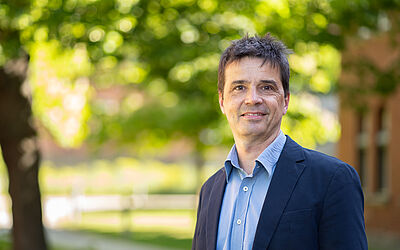
Prof. Dr. med. Bernd Landsleitner
Wissenschaftliche Leitung TTZ Stein
0981 4877-340 TTZ Stein, 1. OG, Deutenbacher Straße 1, 90547 Stein nach Vereinbarung bernd.landsleitner(at)hs-ansbach.de vCard
Prof. Dr. med. Bernd Landsleitner
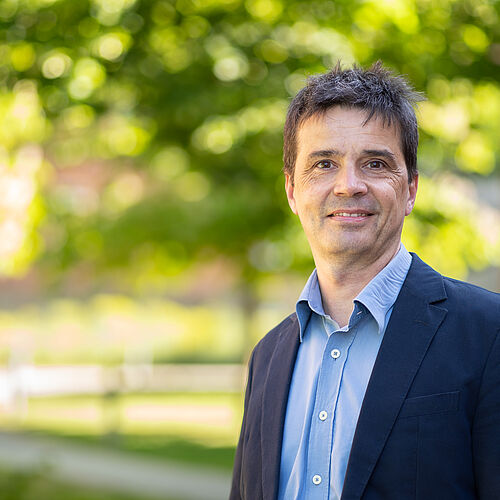
0981 4877-340
TTZ Stein, 1. OG, Deutenbacher Straße 1, 90547 Stein
nach Vereinbarung
bernd.landsleitner(at)hs-ansbach.de
vCard
Wissenschaftliche Leitung TTZ Stein
- Wissenschaftliche Leitung TTZ Stein
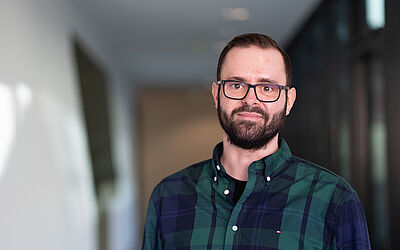
Florian Reschke
Assistenz TTZ Stein
0981 4877-509, Mobil: +49 152 03434749 TTZ Stein, 1. OG, Deutenbacher Straße 1, 90547 Stein nach Vereinbarung florian.reschke(at)hs-ansbach.de vCard
Florian Reschke

0981 4877-509, Mobil: +49 152 03434749
TTZ Stein, 1. OG, Deutenbacher Straße 1, 90547 Stein
nach Vereinbarung
florian.reschke(at)hs-ansbach.de
vCard
Assistenz TTZ Stein
- Assistenz TTZ Stein
© 2025 Hochschule Ansbach

